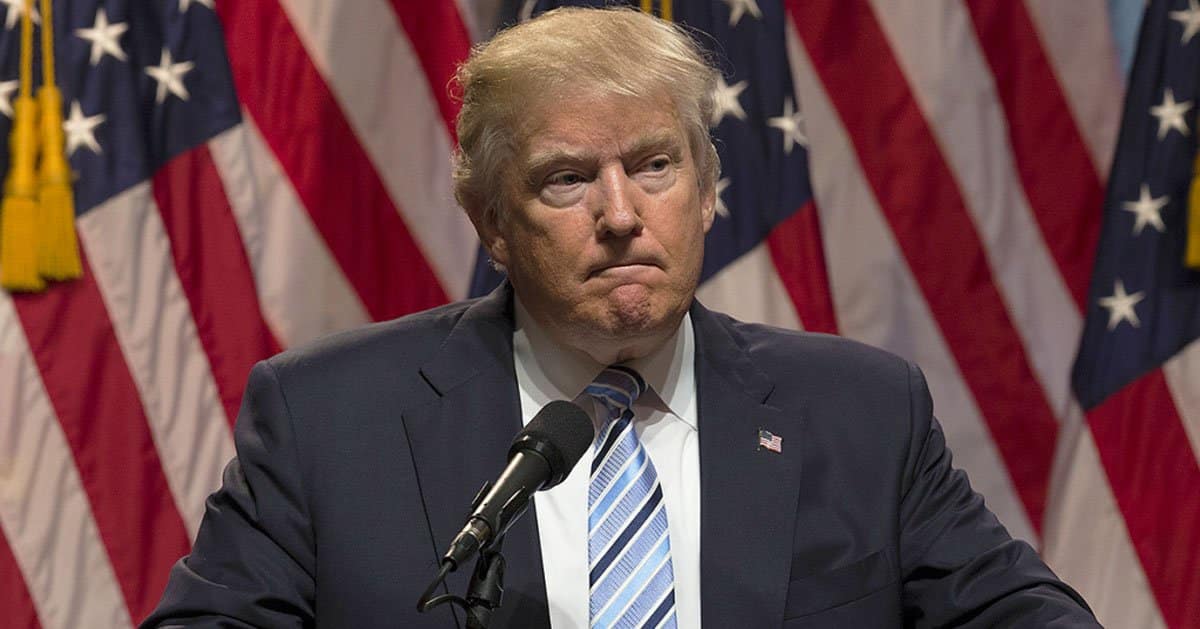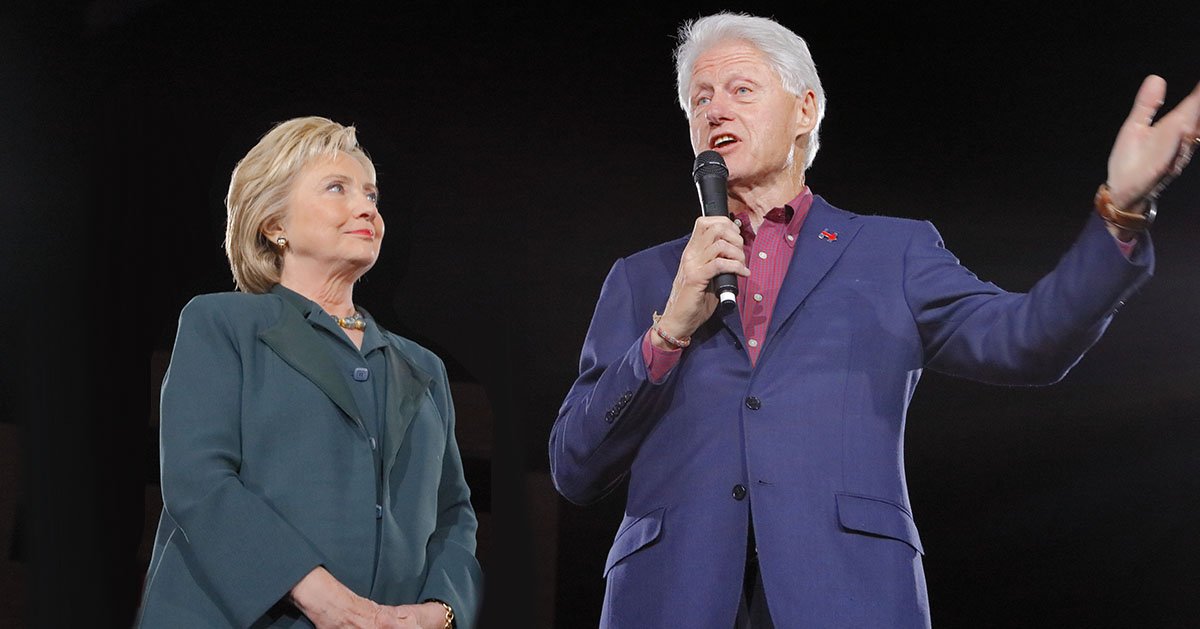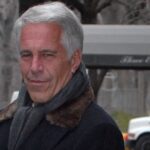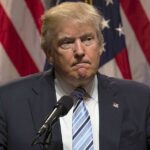








Brian Burch, a Chicago conservative, just clinched the role of U.S. Ambassador to the Holy See.
The Daily Caller reported that the Senate confirmed Burch on August 2, 2025, with a tight 49-44 vote, handing President Donald Trump a win in placing a like-minded ally in a key diplomatic post. This move signals a strengthening of ties between the U.S. and the Vatican under Pope Leo XIV.
CatholicVote, where Burch has been a leading figure, celebrated the decision as a victory for faith-driven leadership. Burch, a co-founder of CatholicVote, has steered the organization for 17 years as its president.
The group, started in 2005, pushes Catholics to weave their faith into public and political life. His long tenure suggests a deep commitment to conservative values, which some critics argue could polarize U.S.-Vatican relations.
Residing in Chicago, Burch shares a hometown with Pope Leo XIV, the first American to lead the Catholic Church. This connection could foster a unique rapport between the ambassador and the pontiff. Yet, skeptics wonder if their shared background might skew priorities toward parochial interests over global diplomacy.
“CatholicVote co-founder Brian Burch has been CONFIRMED as Ambassador to the Holy See in a 49-44 Senate vote,” the organization posted on X on August 2, 2025.
The announcement sparked cheers from supporters who see Burch as a bulwark against progressive agendas. But the narrow vote reveals a divided Senate, hinting at unease with his outspoken conservatism.
Burch’s confirmation followed a contentious Senate session, reflecting the polarized climate in Washington.
His leadership at CatholicVote, known for its unapologetic stance on traditional values, likely fueled the 44 opposing votes. Still, his backers argue he’s the right man to bridge faith and policy on a global stage.
“Words cannot express my gratitude to all those who have helped me achieve this important position, most especially my wife Sara, my 9 beautiful children, my CatholicVote team, and all those who supported me in this journey,” Burch said.
His heartfelt nod to family resonates with conservatives who prioritize personal responsibility. Yet, detractors might see this as posturing in a world craving substantive policy over sentiment.
Burch also paid tribute to his late father, who shaped his love for the Church and American citizenship. “I am especially grateful to the example of my father, who passed to eternal life last year, who taught me to love the Church and the profound blessings and responsibilities of being a citizen of the United States,” he said.
Burch’s mission is clear: strengthen U.S.-Vatican ties while promoting conservative principles. He’ll represent the U.S. to Pope Leo XIV, whose historic papacy as an American could amplify Burch’s influence. The alignment of a MAGA-friendly ambassador with a Chicago-born pope raises eyebrows among those wary of cozy nationalism.
“The Catholic Church is the largest and most important religious institution in the world, and its relationship to the United States is of vital importance,” Burch stated.
His view underscores the strategic weight of this ambassadorship. But critics fear his focus on “dignity” and “common good” might code for pushing a narrow, anti-woke agenda abroad.
Burch vowed to work with the Vatican and Trump administration leaders to advance these goals. His commitment to collaboration sounds noble, but progressive voices worry it could sideline issues like climate change or social justice, which Pope Leo XIV has occasionally championed. The balancing act will test Burch’s diplomatic chops.
CatholicVote’s mission to energize faithful Catholics in public life shaped Burch’s career. Since its founding in 2005, the group has rallied against policies it deems contrary to Church teachings. Burch’s leadership there suggests he’ll bring that same zeal to the Vatican, for better or worse.
The Senate’s 49-44 vote reflects the fault lines in American politics. Supporters see Burch as a defender of traditional values in a world drifting toward secularism. Opponents, however, argue his CatholicVote ties risk entangling U.S. diplomacy with ideological crusades.
Pope Leo XIV’s Chicago roots and American identity add intrigue to Burch’s appointment. Their shared hometown could ease talks, but it also invites scrutiny over whether regional loyalties might overshadow broader U.S. interests. Diplomacy demands nuance, not just shared zip codes.



